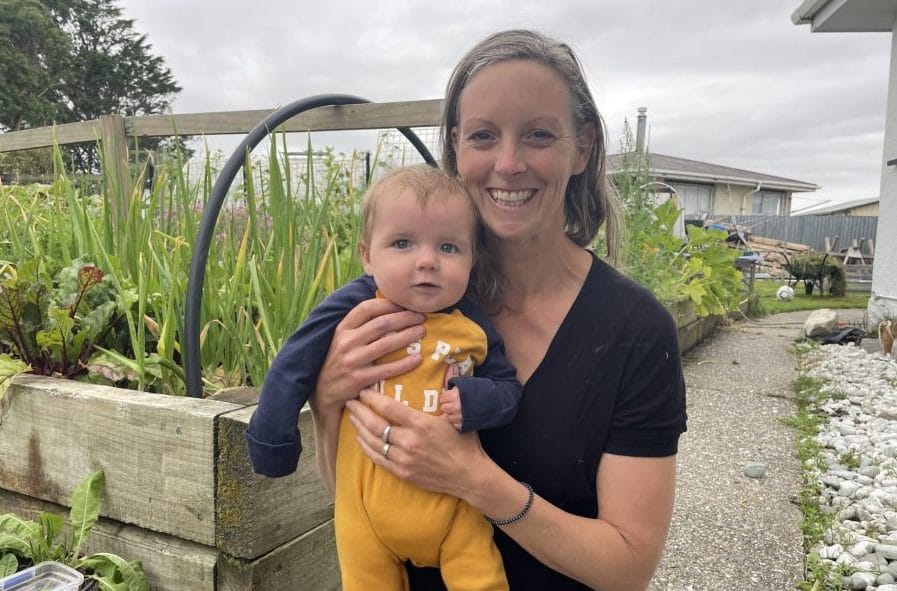
The number of children being home schooled has increased 40 percent in the South since Covid-19 hit, as parents move to take more control of their education.
The Ministry of Education has confirmed there have been significantly more applications for home education compared to 2019.
Invercargill parent Katie Oliver has five boys (11 to 7 months), and has always home educated her children.
Also once a high school teacher herself, the home education consultant has been helping other parents in Southland, who are either curious or “desperate” to be involved in their children’s learning.
Katie understands both the pro’s and cons of system education vs home education, and many parents have come to her because they are dissatisfied with the school system and what and how is being taught.
“I have had parents reach out that are just frantic. They’re like rabbits in a headlight.”
The majority of their concerns are about the response to Covid and how it was being implemented throughout schools.
“There is definitely a big influx and a real fear at the moment.”
Katie currently runs workshops for parents who are interested in home education for their children, and Young Reflections in Invercargill has had a huge amount of enquiries from parents wanting to know what resources are available for home schooling.
Owner Joy Brown said they stock a large range of resources that follow the New Zealand Curriculum for literacy and numeracy. She also understood there was a huge wait list for applications to home school.
A Riverton mother, who wanted to keep her anonymity, recently wrote a letter to her child’s principal saying she had lost confidence in the Ministry of Education to keep them safe.
She believed the Government was actively promoting a vaccine for young children that was still in its experimental phase, and harmed many New Zealanders.
“All of the covid regulations so far have come in incremental steps. We feel uncomfortable with some of the steps so far, and also the potential of what could be coming next. We were disappointed with the restrictions which came in for unvaccinated parents in term 4 last year,” she said.
She also had an issue with making young students wear masks indoors, particularly as it could deprive them of adequate oxygen.
“This can’t be healthy for kids wearing these for several hours a day in the classroom.
“We have been told, the masks act as a visual reminder we are in a pandemic. We would prefer to remind our children that their bodies and immune systems are amazing. “We are supporting our bodies to be strong through eating healthy food and playing in the sun and fresh air, smiling at our friends.
She wondered what will be next with the Covid regulations, and feared that the Government was going to push the vaccinations for young kids through the school system.
Meanwhile, GP Sophie Febery, who recently moved her family from Methven to Mataura after refusing to comply with the vaccine mandate, gave an insight into home schooling for her family.
The family made a decision when Sophie was pregnant with her first child, and before that had already witnessed positive experiences with other families and friends.
Her reasons were both relational and educationally, including the parenting and bonding aspect.
“The thought of having to send them away to someone else for the best hours of the day, for most of their years at home, while I only had them for the scraps of their time didn’t sit well with me. I wanted to have all those fun hours with my children myself, not give them away to someone else.”
“ I wanted to create lifelong learners who learnt out of joy, rather than kids who were chasing after grades, and who compared themselves to others (either negatively or positively) based on those grades.”
Sophie said she’s had so much fun with her children, such as canoeing down the Wanganui River, tramping, raising baby animals, reading screeds of books together and playing games.
There are, of course, certain challenges with home schooling, and that included the children having to put up with being involved in every job and chore, she said.
“As homeschool parents we have to be very pro-active to make socialisation happen, especially living out in the country. But the benefit of that is that socialisation therefore happens for us too, as we meet lovely likeminded families along the way.

